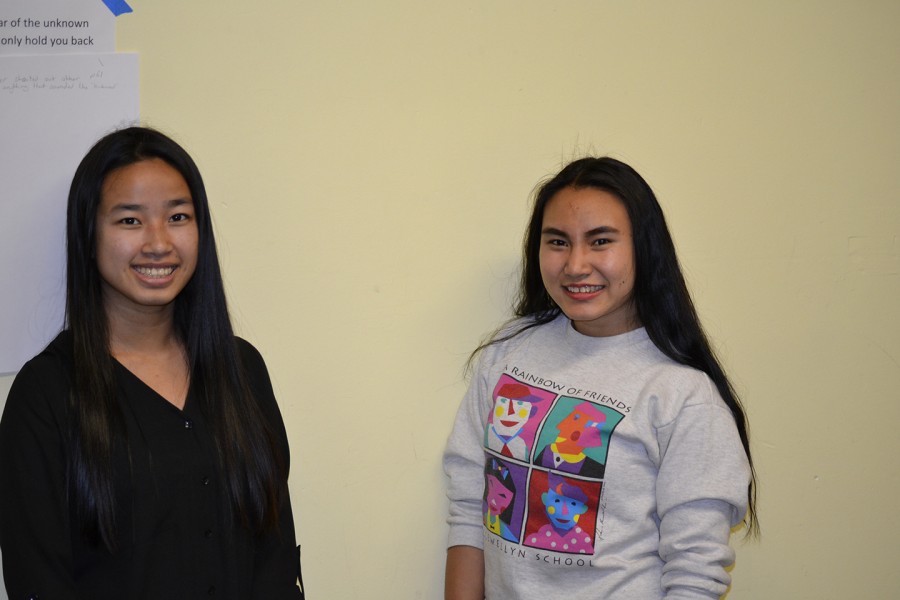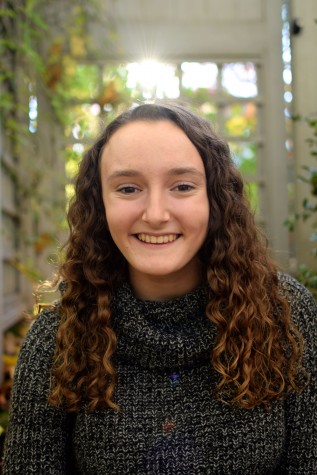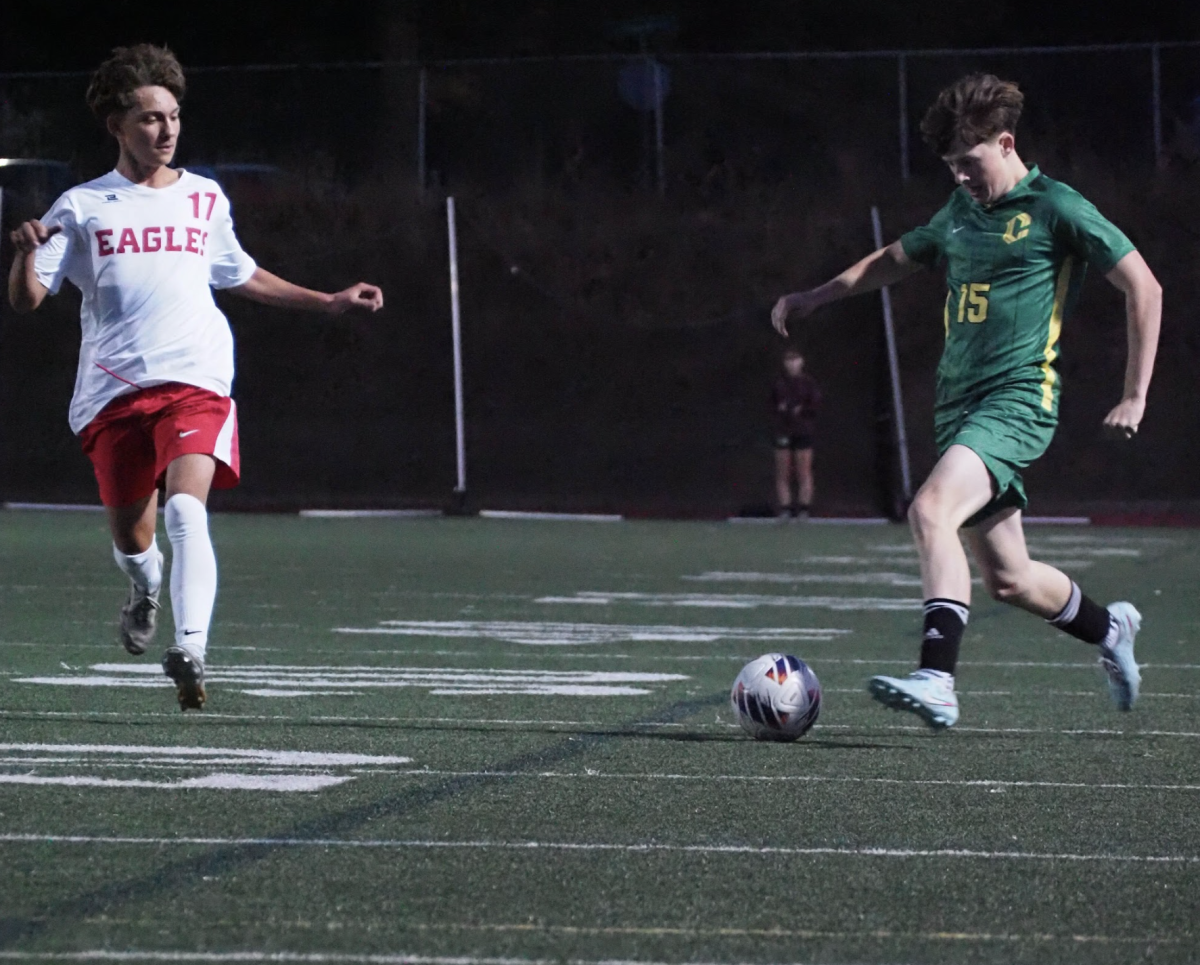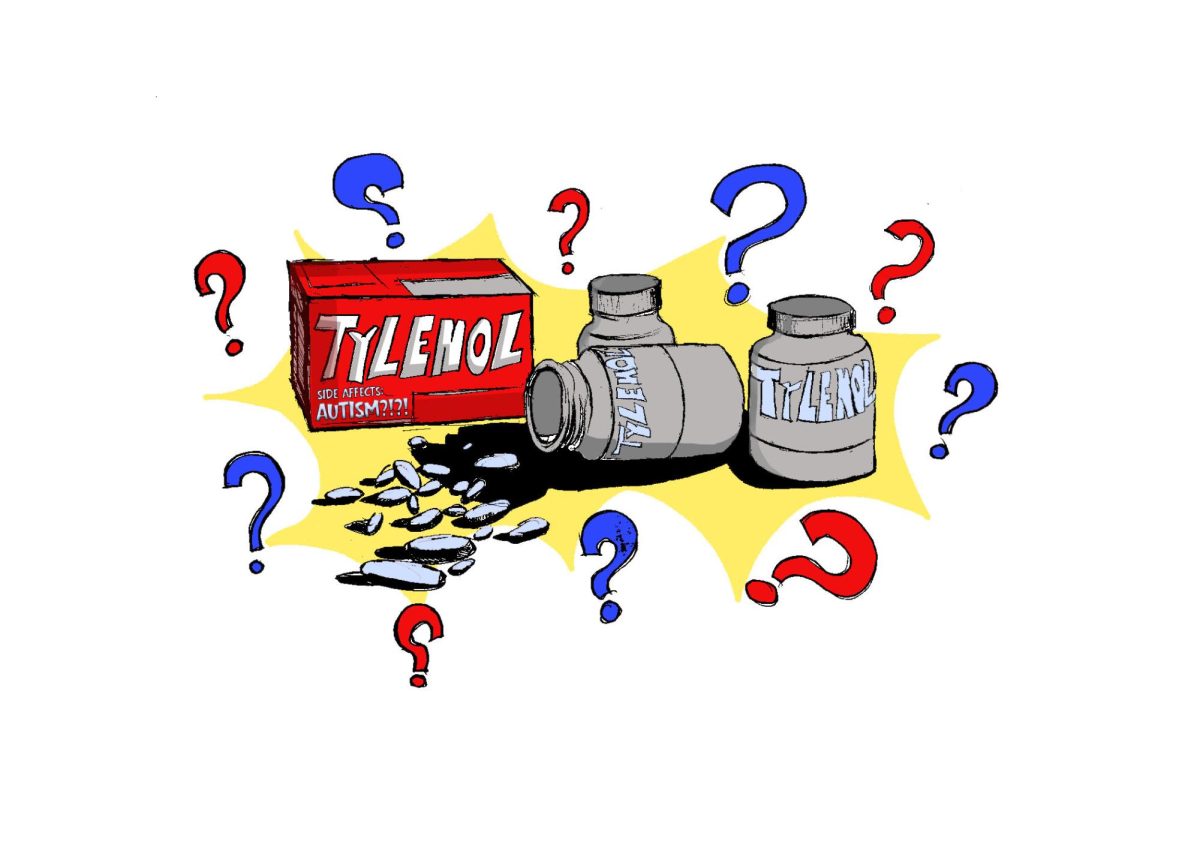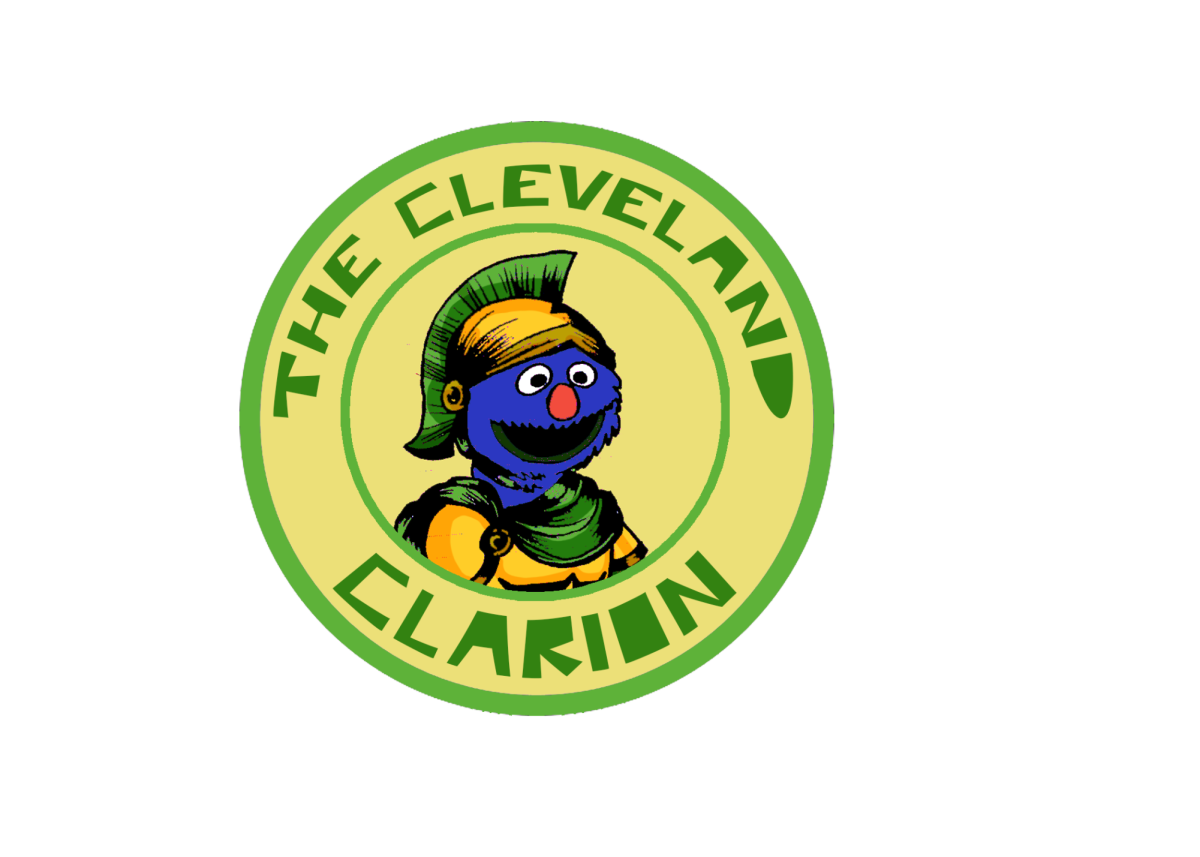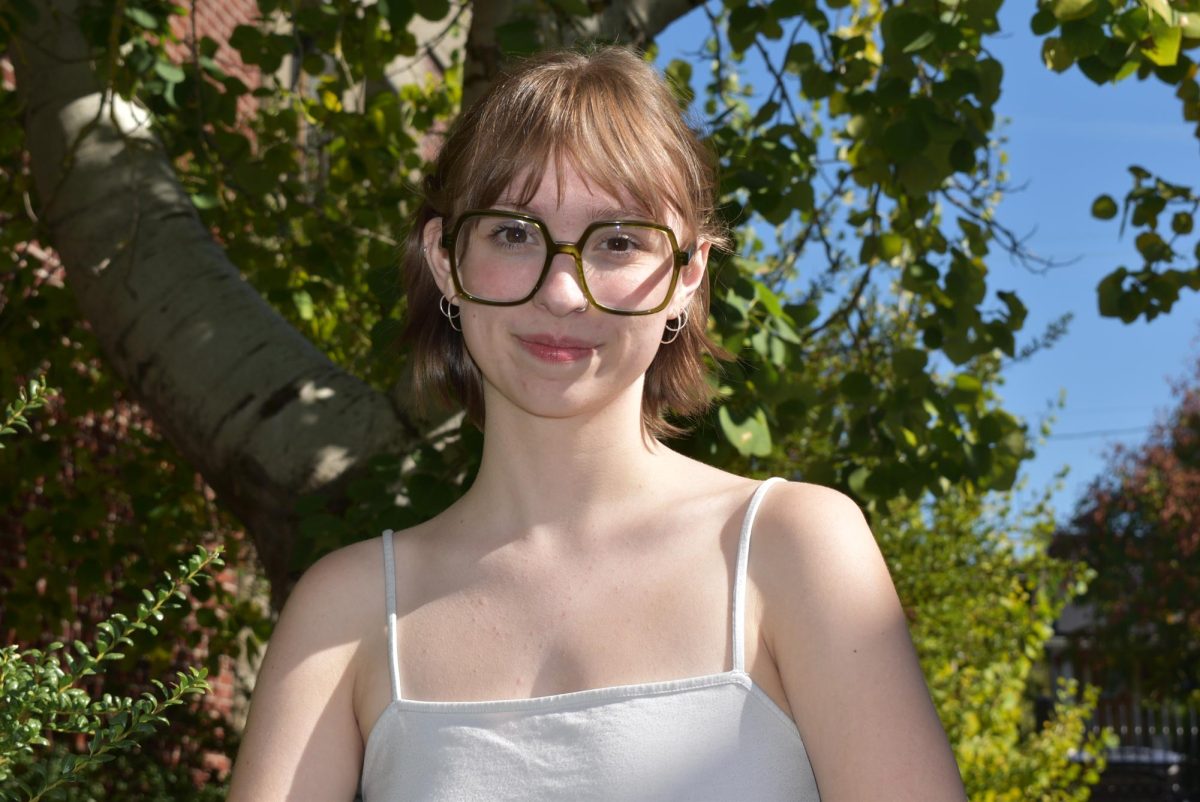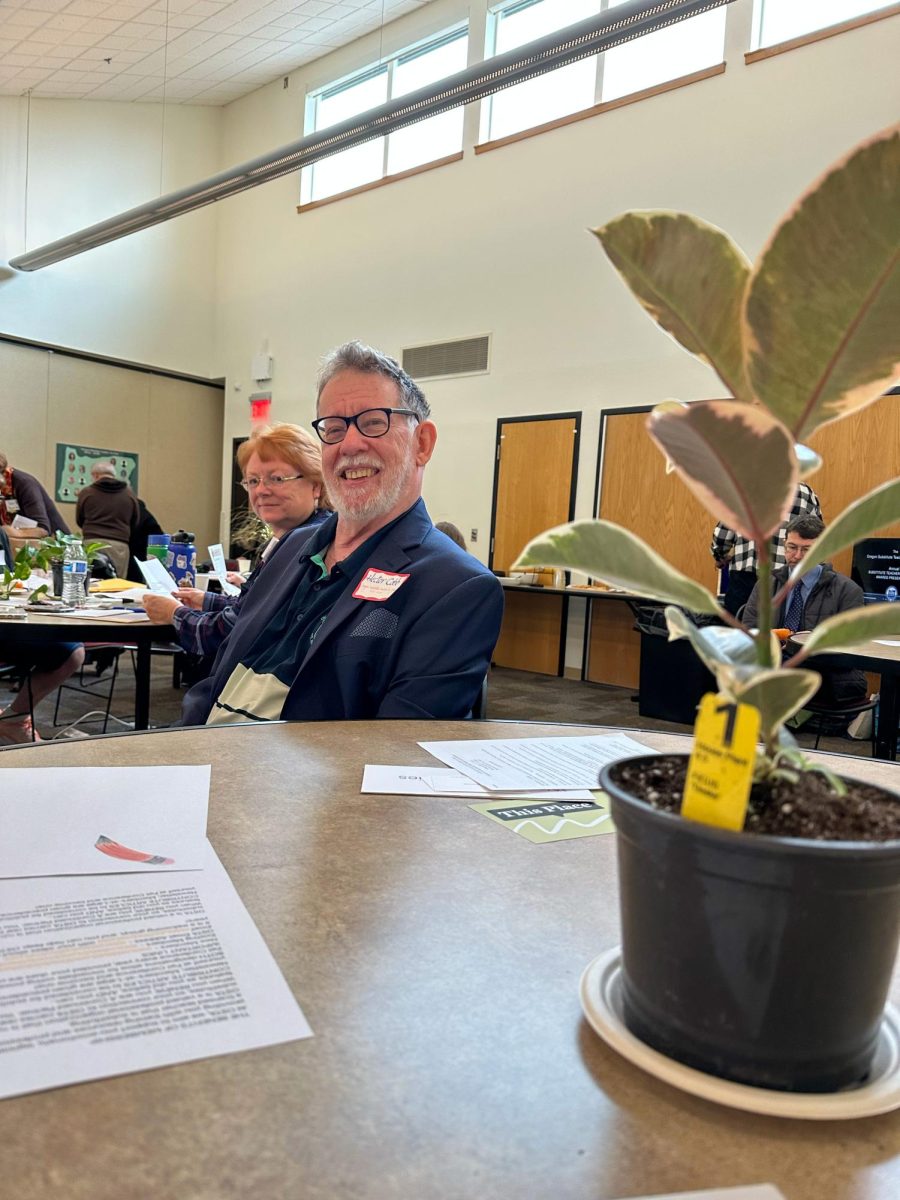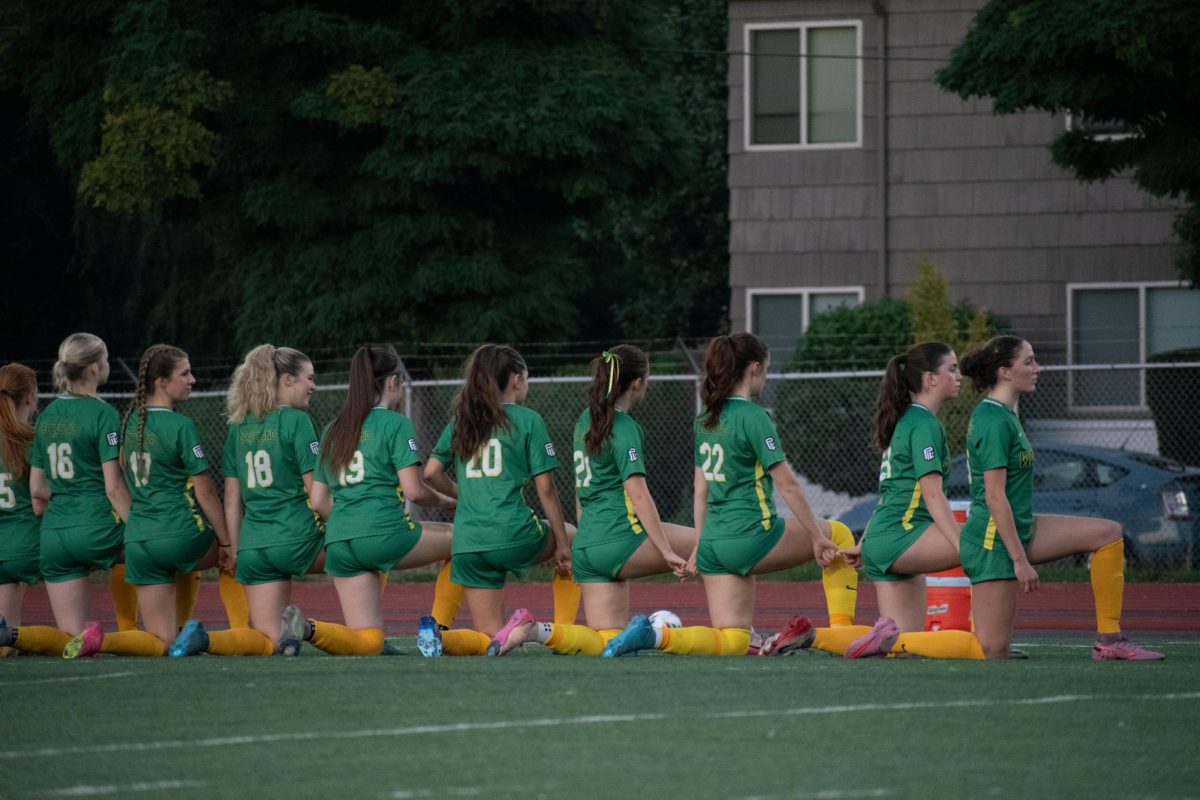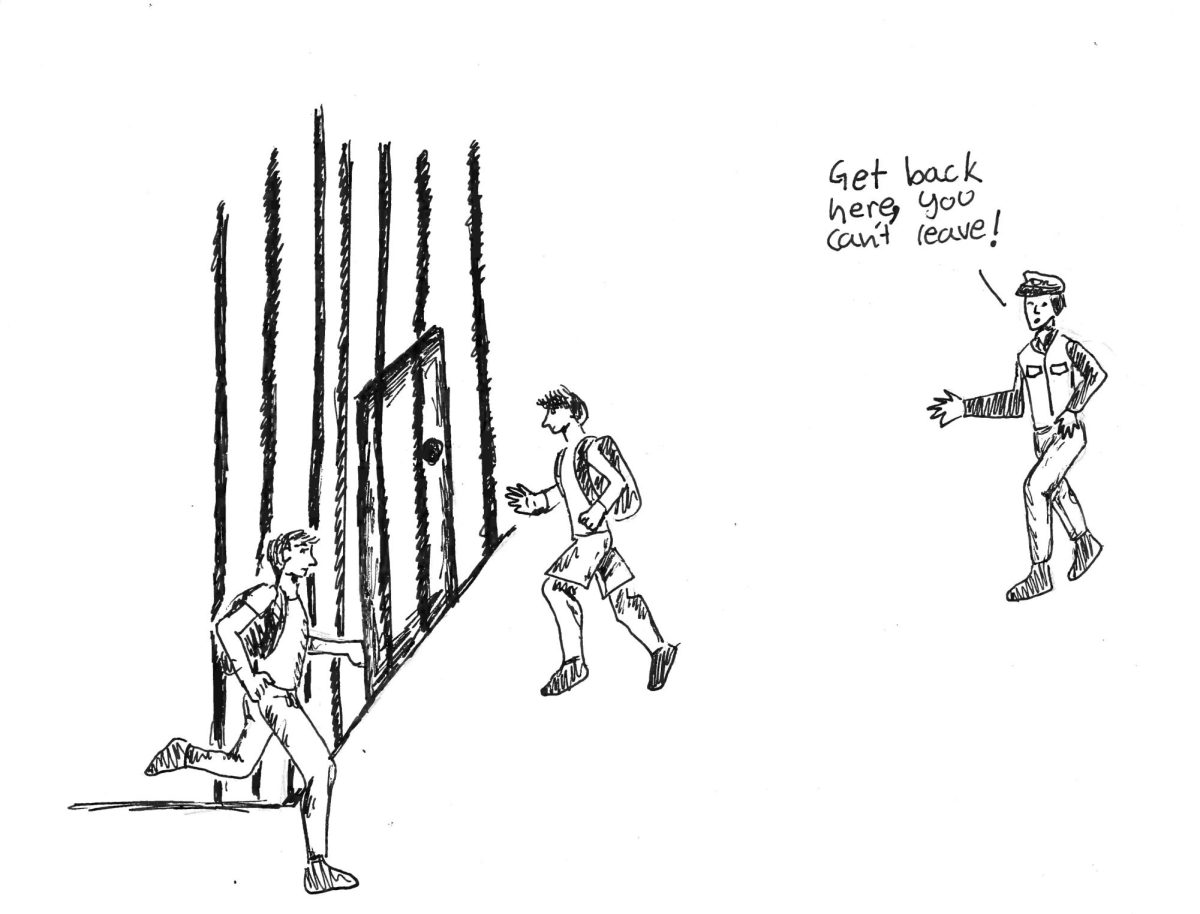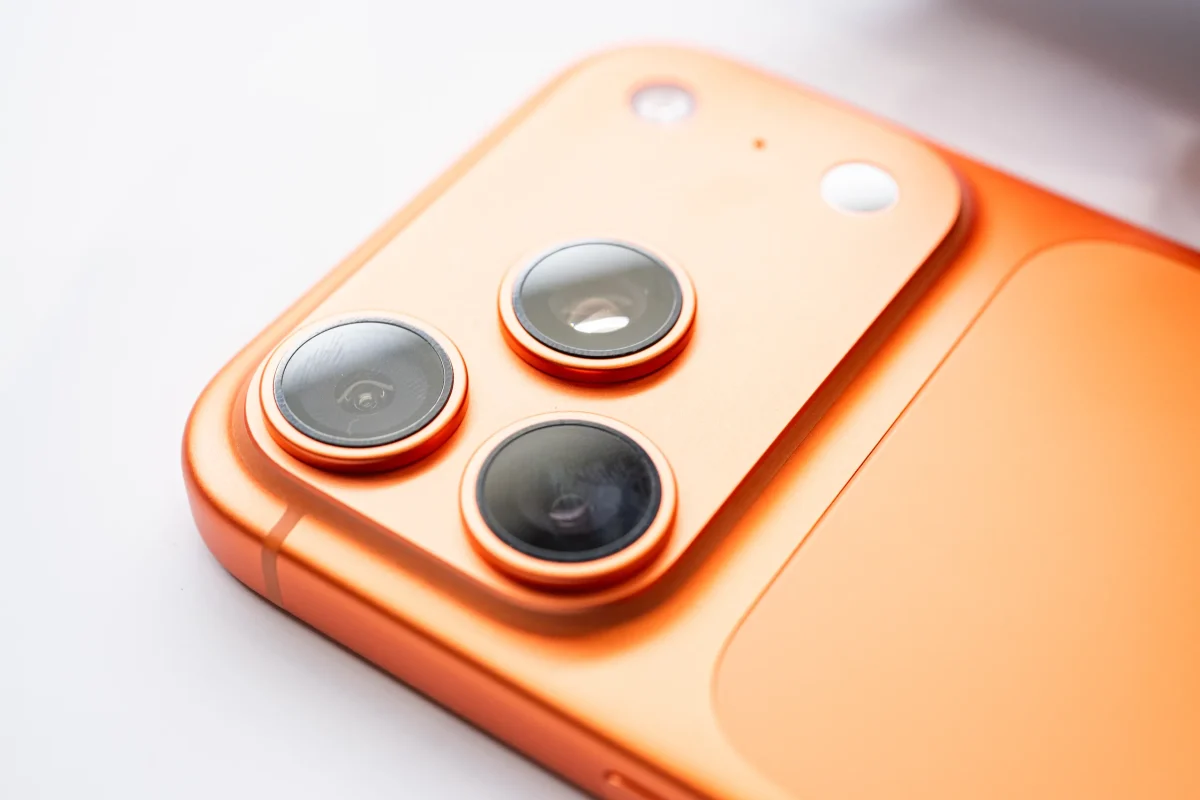CHS members work towards voting rights
March 11, 2016
With the Democratic and Republican primaries well underway, many people at Cleveland are thinking about the voting process and the importance of expressing one’s opinions. For many high school students, they must only take a few minutes out of their day to register to vote. However, other students and teachers are still in the process of gaining their citizenship before they have the ability to cast their ballot.
Esther Vieira:
Ester Viera, a Spanish teacher at Cleveland, recently moved to Portland, Oregon from Stonwick, Iowa, where she lived for 15 years. Before coming to the United States in 2000, she lived in Brazil, where she and her husband were very involved in politics; her husband was a representative candidate and she was a member of the union.
In 2006, Viera and her family became permanent residents after her daughter married an American citizen. “To get that permanent residency is a very long, tedious and expensive process,” Viera said. “We are still paying for that.”
Viera explained that gaining citizenship is much easier than becoming a permanent resident. “You do everything on the computer. We took the fingerprints. The next step is an interview where they are going to ask me 10 out of 100 questions. My husband and I have been studying a booklet and a CD. Some questions are ‘What were the first 13 colonies, who is the governor of Oregon, who is the president, who is the representative?” she said.
Viera and her husband are excited about becoming citizens and they hope the documents are processed in time for her and her husband to be able to vote for president. “The citizenship is important for us to voice and to choose.” She joked, “However, there is a downside of being a citizen because they can ask you to do jury duty.”
“I believe that being a citizen is way of saying, ‘I made a choice and the country accepted me because I can contribute to the culture, economy, and the general part of it,’” Viera said. “The change is going to be voting, which means that I can make a difference and I have a voice. I’m not just a zero or a number that can not be counted.”
Ruth Kha:
Junior Ruth Kha, who came to the United States from Thailand when she was 12 years old, became a citizen last summer when her father passed the citizen test. Upon becoming a citizen, Kha said she “was so excited.” “It was July 22. My family did a Thanksgiving worship at home the day we became citizens,” she said.
Kha remembers the difficult process of getting a passport picture. “It was very hard to get a passport because I came here without certification. I didn’t have a birth certificate and my parents didn’t have a marriage license when we moved to this country,” she said. “When we became citizens, we took a passport picture.”
As a citizen, Kha said she feels like she has more freedom in her life. “We weren’t even citizens in Thailand, we don’t have passports there. We live in a refugee camp. They accepted us as Thai people,” she said. Now, Kha is able to have the comfort that she can stay in this country.
Kha said she is most excited to turn 18 and have the ability to vote. “Voting means to give a voice to the country that I love,” Kha said.
Paw Ke Lar:
Pawke Lar is also a junior who came here from Thailand when she was 10. She recently applied for her citizenship.
“My parents took a class. I go and volunteer in the class, so I teach them if they forgot some of the answers. They are going to take the test in August,” Lar said.
“I am looking forward to be part of America and be able to vote. When you vote, you get your own choice. It makes you feel comfortable and confident to be in the public. It’s hard but you have to challenge yourself and never give up. If you don’t know it, you just have to try your best.”
“My parents just want the children to be the same as American people. And I’m just trying my best.”
Viera, Kha, and Lar are among many people at Cleveland and in the United States who are currently in the application process or recently gained their citizenship. With the citizenship comes an opportunity to express one’s opinions and beliefs.
Camille MacLean, who has been an active volunteer and intern at The Bus Project for three years, urges everyone to cast their ballot. “Through doing a lot of outreach with voting, I see how it can impact people, especially people who just received their citizenship. I registered a man who had just received his American citizenship and he started crying because he was so excited,” MacLean said.
She added, “A lot of people think that their vote doesn’t matter, but it really does. I think it’s important for everyone to vote because you’re contributing to your future as a citizen and can make a difference in society.”



